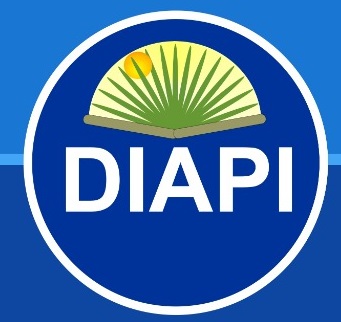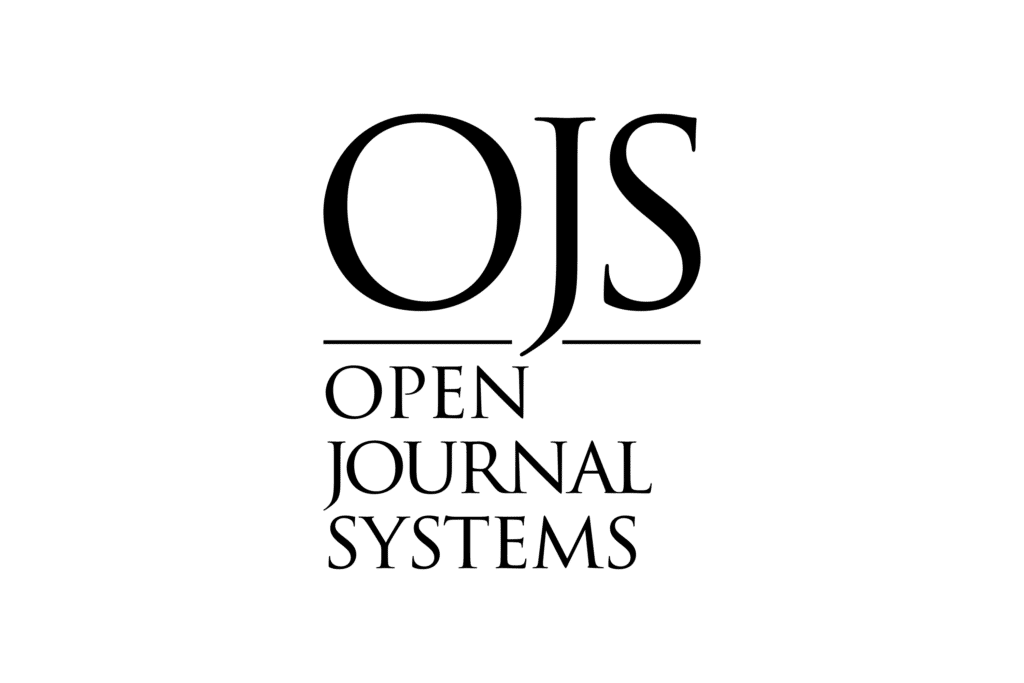Task life from University
actions plan facing climate change
DOI:
https://doi.org/10.52579/diapi.vol5.i1.a19655Keywords:
Climate Change, Actions Plan, Life TaskAbstract
Climate change represents an inevitable truth that must be attend by all the people of the planet. In this sense, the commitment of Cuban universities with the compliment of the State's Plan for facing Climate Change (Life Task) is vital, constituting a priority for the country's environmental policy. These considerations were taken as source to establish the Actions Plan for the Life Task of the Municipal University Center of Consolación del Sur, Pinar del Río, based on the condition that the municipality is linked to the priorities of the State’s Plan because of the effects in the coastal aquifers, circumscribed to the Popular Council of Alonso Rojas, which compromise irrigation in rice-growing and agriculture. In addition, the diagnosis carried out allowed verifying that the population do not have the necessary knowledge to be able to perceive the risk of serious environmental problems, so in general they must be prepared for mitigation and adaptation to these problems. With these considerations, the present work goals is to implement a Life Task Actions Plan pointed at preparing the population for mitigation and adaptation to the effects of Climate Change in the prioritized areas of the Consolación del Sur municipality in Pinar del Río. To obtain the results we used observation and interviews, supported by theoretical methods that guaranteed to logically structure the proposal, as well as its results.
Downloads
References
Cabalé Miranda, E. y Rodríguez Pérez de Agreda, G. (2016). La Educación Ambiental y la Educación para el Desarrollo Sostenible. Revista Estudios del Desarrollo Social: Cuba y América Latina, 4, (4), Número Extraordinario.
Díaz Castillo, R. (2000). Educación Ambiental y desarrollo sostenible: estrategia didáctica. Instituto Superior Pedagógico de Las Tunas.
Díaz-Canel, M. (2012). La universidad y el desarrollo sostenible: una visión desde Cuba. Conferencia Inaugural. 8vo Congreso Internacional de Educación Superior. La Habana.
Marinero Orantes, E.A y García González, M. (2021). Gestión integral de riesgo de desastres en zonas volcánicas vulnerables: propuestas desde la capacitación. Revista Estudios del Desarrollo Social: Cuba y América Latina pp. 27-37 RPNS 2346 ISSN 2308-0132 Vol. 9, No. 3, Septiembre-Diciembre, 2021
Ministerio de Ciencia, Tecnología y Medio Ambiente. (1997). Estrategia Nacional de Educación Ambiental. Centro de Información, Gestión y Educación Ambiental. Agencia de Medio Ambiente. Disponible en: http://www.cuba.cu/cigea/enea.htm
Naciones Unidas (2018), La Agenda 2030 y los Objetivos de Desarrollo Sostenible: una oportunidad para América Latina y el Caribe (LC/G.2681-P/Rev.3), Santiago. Disponible en https://www.google.com/search?client=firefox-b-d&q=objetivos+de+la+agenda+2030+pdf
Ramírez Treviño, A. (2004). El Desarrollo Sustentable: Interpretación y Análisis. Revista del Centro de Investigación. Universidad La Salle, vol. 6, julio-diciembre, Pp. 55-59, Distrito Federal, México. Disponible en: http://redalyc.uaemex.mx/redalyc/pdf/342/34202107.pdf
Relaño Rigual, L. (2011). La educación ambiental comunitaria desde la extensión universitaria. Revista de Didáctica Ambiental. INVESTEA y Didáctica Ambiental, S.L. Año 7 – n 9, Marzo, pp. 41-46.
Tarea Vida. CITMA. (2019). EcuRed. Disponible en https://www.ecured.cu/index.php?title=Tarea_Vida&oldid=3436685
UNESCO. (2017). Educación para los Objetivos de Desarrollo Sostenible. Objetivos de aprendizaje. UNESCO, París, 2017. Disponible en https://www.google.com/search?client=firefox-b-d&q=Educaci%C3%B3n+ para+los+Objetivos+de+Desarrollo+Sostenible.+Objetivos+de+aprendizaje.+Unesco%2C+Par%C3%ADs%2C+2017
Downloads
Published
How to Cite
Issue
Section
License
Copyright (c) 2024 Reina María, Ana Cristina Pérez Hernández, Ekaterina Ferragut Reinoso, Máryuri García González

This work is licensed under a Creative Commons Attribution-ShareAlike 4.0 International License.
Direitos Autorais
A submissão de originais para a Diálogos e Perspectivas Interventivas (DIAPI) implica na transferência, pelas(os) autoras(es), dos direitos de publicação. Os direitos autorais para os manuscritos publicados nesta revista são das(os) autoras(es), com direitos da DIAPI sobre a primeira publicação. As(os) autoras(es) somente poderão utilizar os mesmos resultados em outras publicações indicando explicitamente a DIAPI como o meio da publicação original.
Licença Creative Commons
Exceto onde especificado diferentemente, aplicam-se à matéria publicada nesta revista científica os termos da licença Creative Commons Attribution-ShareAlike 4.0 International License, que permite o uso irrestrito, a distribuição e a reprodução em qualquer meio desde que a publicação original seja corretamente citada.













 Esta obra está licenciada com uma Licença
Esta obra está licenciada com uma Licença 